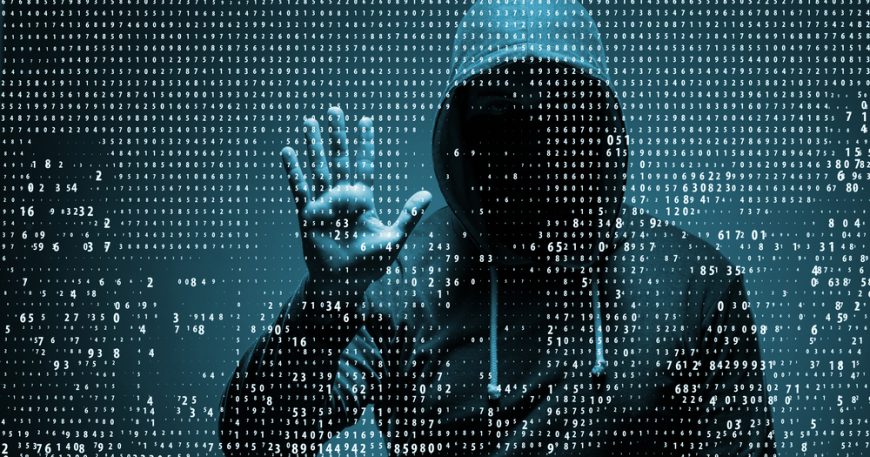In this article we will explain why cyber security for small business is a topic being talked about more and more.
Recent headlines have highlighted a surge in cyberattacks against prominent public-facing companies.
On January 10th, 2023, Royal Mail fell victim to a LockBit ransomware attack that compromised its systems.
Towards the end of the same month, 10 million JD Sports customers’ personal data was compromised in another breach.
Data privacy expert and solicitor, Lauren Wills-Dixon, emphasizes that the industry’s increased reliance on technology to streamline operations has escalated the risk of cyberattacks.
In this evolving landscape, the question isn’t “if” a cyberattack will occur, but “when.”
While the media often spotlights renowned brands, the impact on small businesses can be equally devastating.
The Threat for Small Businesses
Cyber security for small business is essential because:
- Shockingly, 43% of cyberattacks target small enterprises.
- Furthermore, over 60% of these businesses succumb to cyberattacks within six months, leading to closure.
Hackers gravitate towards vulnerable targets.
They exploit the perception that small businesses lack resources for robust data and network protection, making them prime targets.
The Benefits of Cyber Security for Small Business
Cyber security is imperative for all businesses as it safeguards sensitive data, customer information, and financial assets.
Additionally, it shields a company’s reputation, as a cyber incident can quickly tarnish trust among customers and peers.
Moreover, cyber security safeguards a company’s intellectual property, which holds comparable value to its financial assets.
And often, the small business who falls victim to a cyber attack won’t hold the financial reserves to withstand the fallout from an attack.
Cyber Essentials
The UK government-endorsed initiative, Cyber Essentials, aims to arm organisations against prevalent cyber threats.
It advocates a set of foundational security controls that organisations should implement to mitigate risks posed by common online threats.
These controls encompass five key aspects of IT security: boundary firewalls and internet gateways, secure configuration, user access control, malware protection, and patch management.
Commstec IT is Cyber Essentials accredited.
We strive to offer comprehensive services to our clients, small and large, enhancing their business prospects by ensuring basic cybersecurity measures are in place to safeguard data and mitigate attack risks.
Cyber Essentials is also increasingly becoming a requirement for public sector bids and tenders.
Cyber Security for Small Business – The Changing Business Landscape
With remote work becoming the norm, employees often operate “off-network,” rendering them susceptible to threats and leaving the organisation blind to potential risks.
More and more small businesses are operating without physical premises.
Endpoint protection emerges as a crucial term, encompassing technologies designed to shield an organisation’s network and devices (endpoints) from an array of threats, including malware, ransomware, and malicious websites.
Endpoint protection solutions typically include antivirus software, firewall protection, and intrusion prevention systems.
As remote work proliferates, robust endpoint protection, coupled with the alert mechanisms of Endpoint Detection and Response (EDR), are pivotal in shielding both your enterprise and remote workers from cyber threats.
Adopting these solutions to evade becoming a statistic is a straightforward process.
With our guidance navigating Cyber Essentials Certification, whatever your size of business, is seamless.
Now is an opportune moment to assess your organisation’s cyber security level, providing customers with reassurance that you’re proactively countering cyber risks, bolstering your reputation as a responsible, professional entity.
Gaining Cyber Essentials Certification demonstrates cyber security for small business is being taken seriously.
Commstec IT’s distinctive people-focused approach empowers us to collaborate with you, offering cost-effective solutions to shield your IT systems and invaluable business data.
If you would like to talk about cyber security for small business, why not book a Business Technology review to let us help you to establish a robust cyber security strategy.




